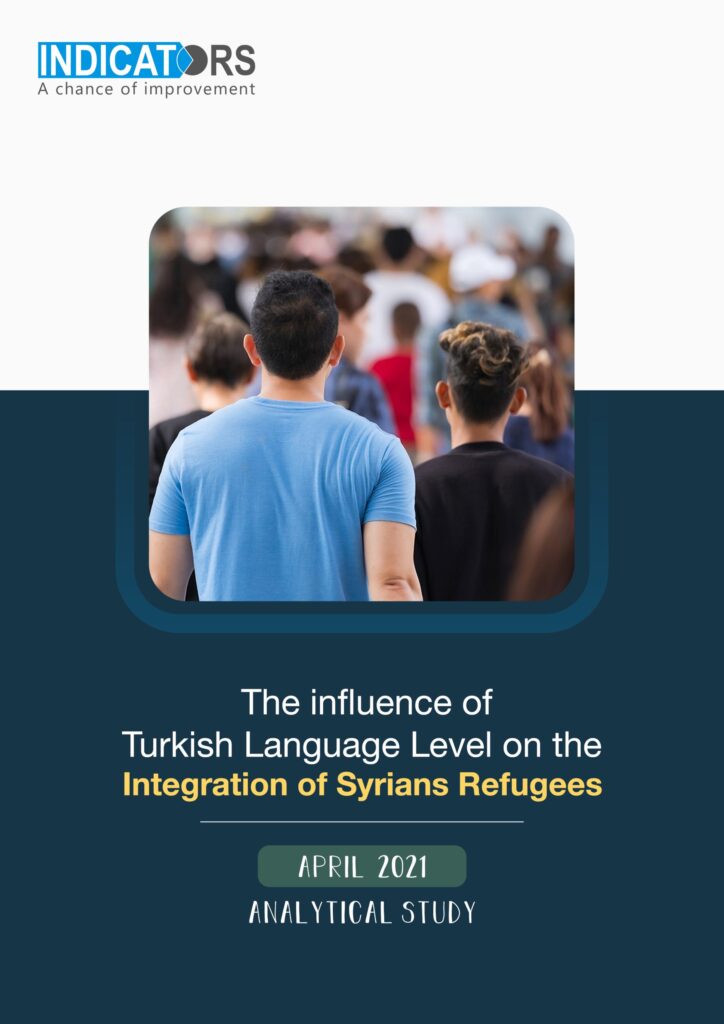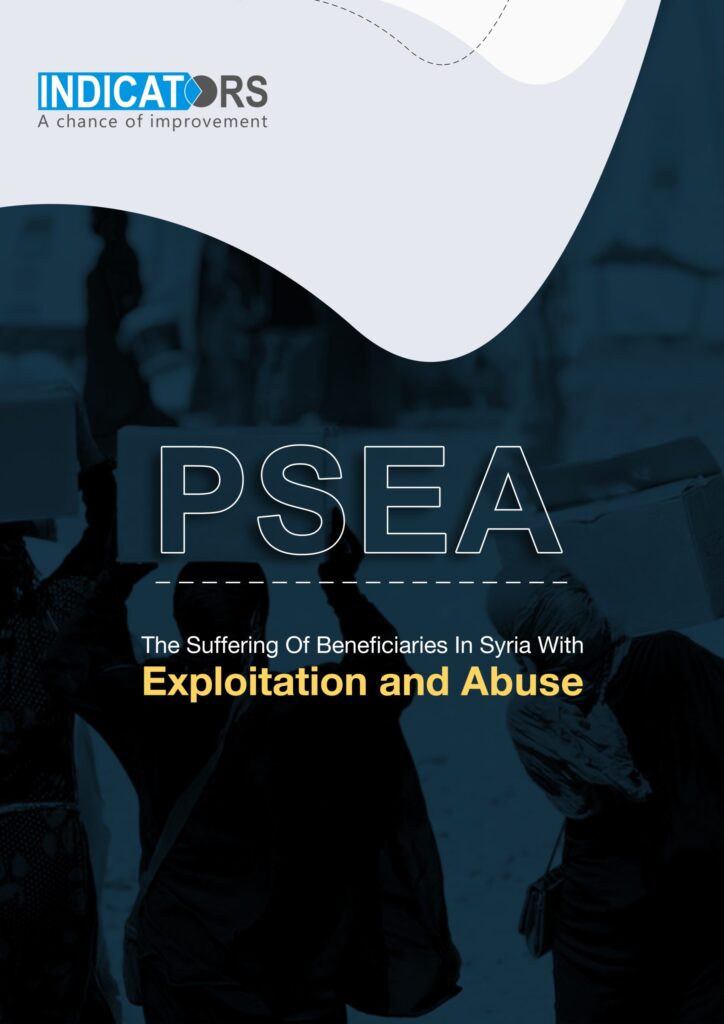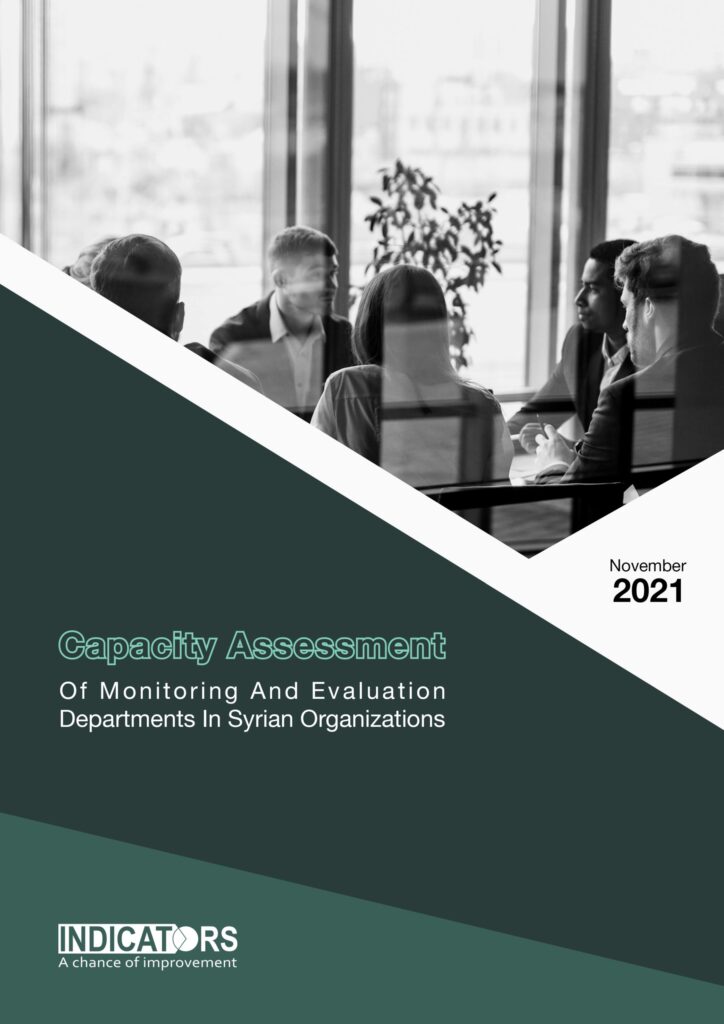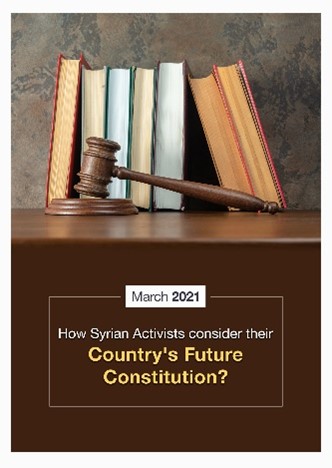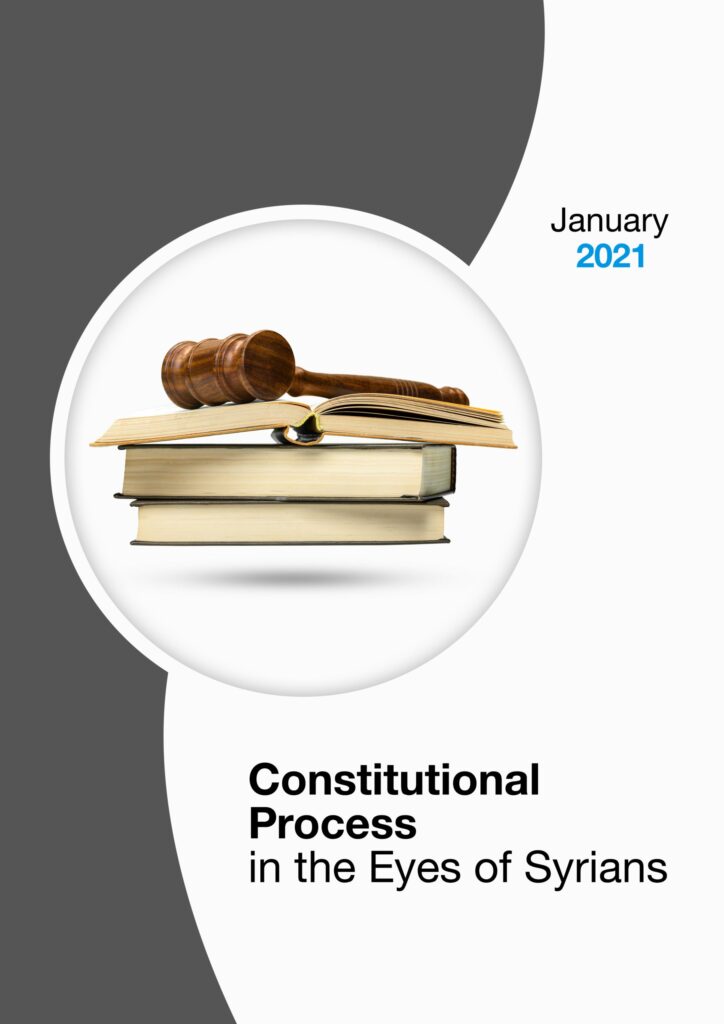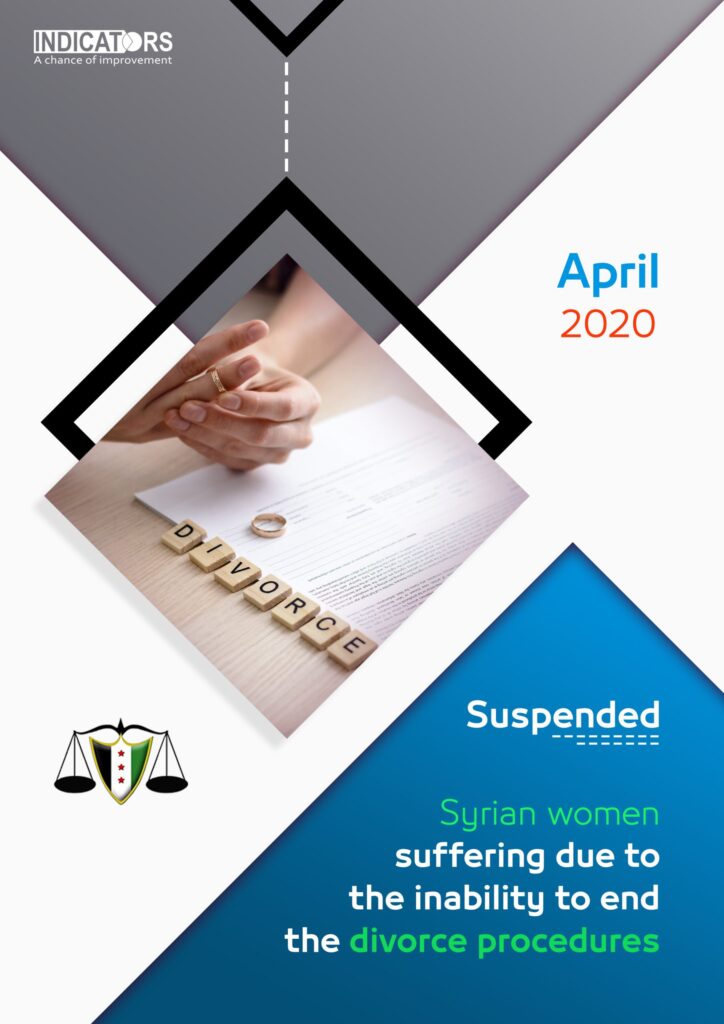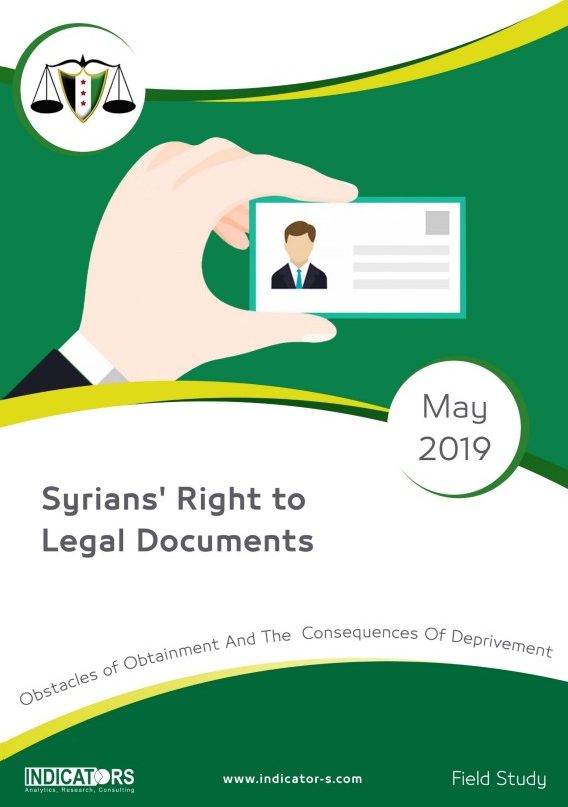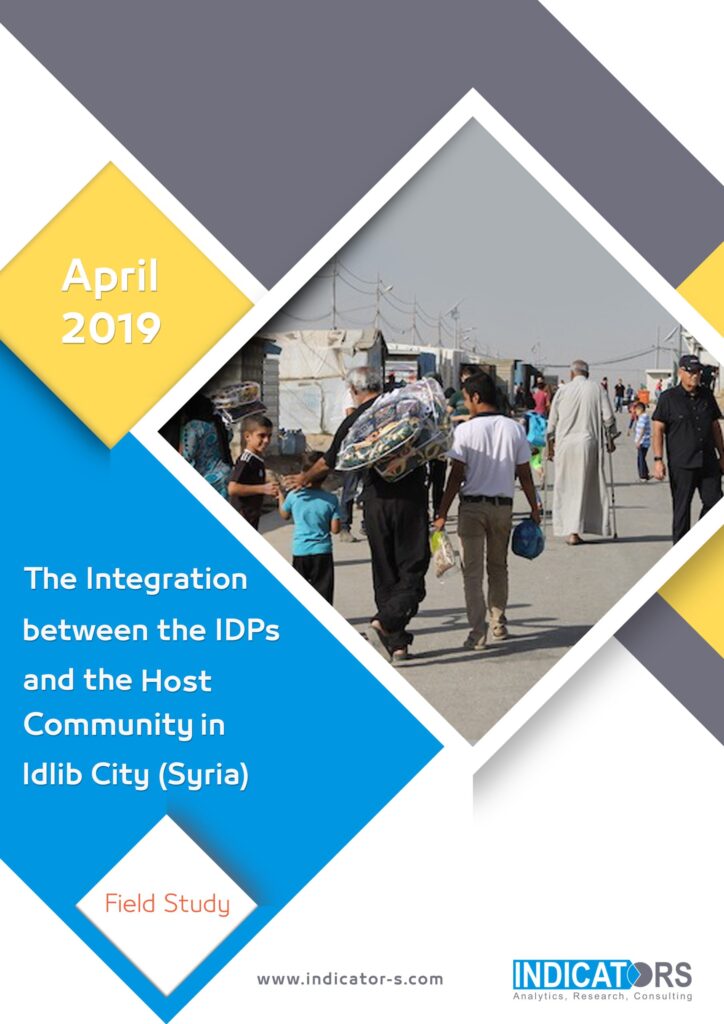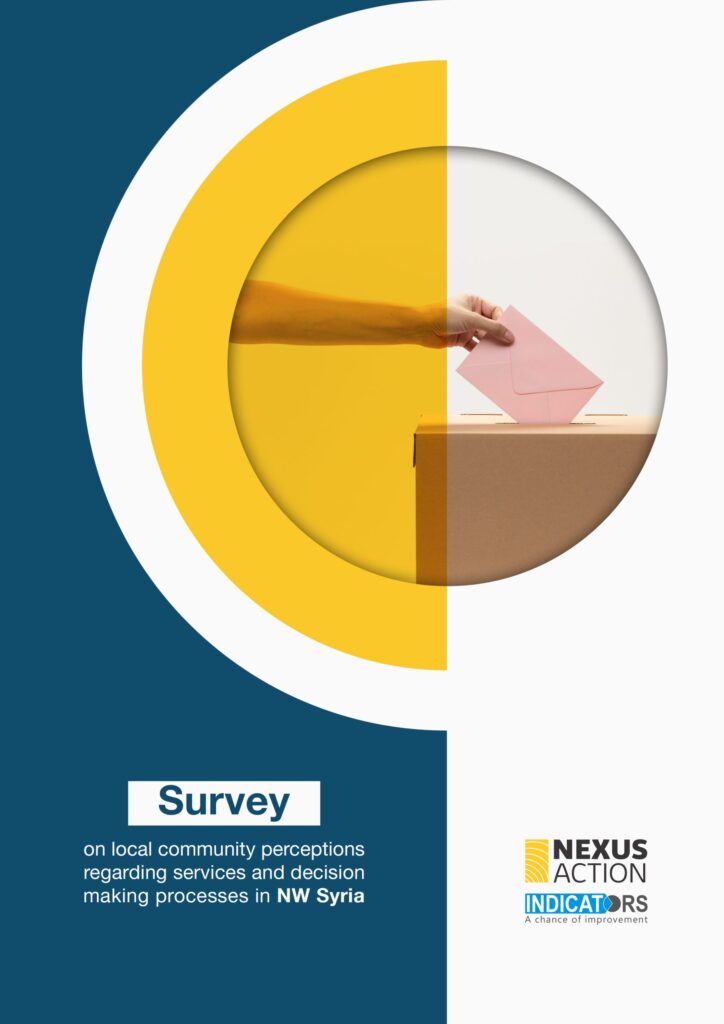

People With Disabilities’ Needs Assessment In Gaziantep
Reports by international bodies and organizations, indicate that the numbers of people with disabilities in Syria have risen dramatically during the conflict, with many Syrians suffering from injuries that left them with some kinds of disability. By the end of 2014, the World Health Organization (WHO) reported that there were nearly 1 million people with disabilities in Syria. That figure increased due to the war in the country, according to a report by the World Health Organization in 2017 about the needs of the Syrian people that there were 2.8 million people with permanent physical disabilities, of whom 86,000 their limbs were amputated.
As the fighting continues and the Syrian areas are being bombed and destroyed, waves of displacement and asylum in neighboring countries have increased. Turkey has the largest share of the estimated 3.5 million Syrian refugees, including those with disabilities. Syrian refugees in Turkey face difficult living conditions, such as high living costs, low job opportunities, low financial returns, and complicated procedures for extracting official documents such as temporary protection cards and work permits. Living conditions are particularly difficult for people with disabilities as society has low confidence in them and their capacity and poor funding from international donors to launch projects that seek to meet their needs and support them psychologically, healthily, and professionally.
Research objectives
The report aims to study the situation of people with disabilities residing in the Turkish city of Gaziantep to know their living conditions, their ability to integrate into society, and opportunities available to them in terms of work, education, capacity-building training, and health needs. Also, identify the most significant difficulties they are experiencing and to direct humanitarian support in a way that meets their requirements.
Research methodology
The data collection took place in July 2019 and included 1,337 people with disabilities living in the Turkish city of Gaziantep. A field survey for people with disabilities was conducted based on Sanad’s database. The interviews were carried out using a questionnaire with closed and half-open questions.

